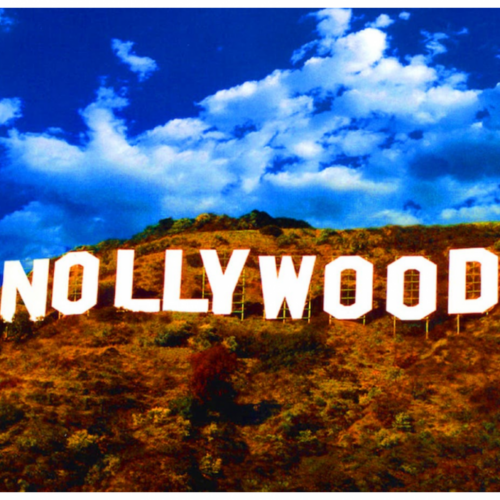
Front Row Filmed Entertainment has announced its recent acquisition of Ibrahim Nash’at’s feature documentary Hollywoodgate. The film will be released in limited theatrical release across the MENA region in the coming months.
Speaking about the documentary, Gianluca Chakra, CEO of Front Row Filmed Entertainment, said: “We believe that Hollywoodgate is a crucial documentary that sheds light on the ongoing struggles within Afghanistan. It is our responsibility to bring socially conscious films to the forefront, and Hollywoodgate provides an essential perspective on the complex realities faced by the Afghan people. This film aligns with our mission to support and distribute thought-provoking and impactful cinema across the MENA region.”
Hollywoodgate delves into the chaotic aftermath of the United States’ withdrawal from Afghanistan in August 2021. The documentary begins days after the last US plane leaves Afghan soil, capturing the Taliban’s takeover of an American base in Kabul known as Hollywood Gate, which was reputed to be a secret CIA station. There, they find a portion of the US$7 billion in American weaponry left in the country.
Directed by Ibrahim Nash’at, Hollywoodgate follows Mawlawi Mansour, the new head of Afghanistan’s air force whose father was killed by Americans, as he orders his soldiers to inventory and repair the abandoned weaponry. The film also highlights Mukhtar, a former Taliban fighter aspiring to build a high-ranking military career and avenge the war.
Nash’at expressed his gratitude for his team of creative collaborators, who have made films he deeply admires, such as Navalny, Of Fathers and Sons, The Edge of Democracy, Fire of Love and Honeyland. “I hope that for the first time, Hollywoodgate can expose the Taliban from the inside out and help return attention to the plight of the Afghan people.”
Nash’at shared his connection and motivation for making Hollywoodgate: “I grew up in Cairo, Egypt, and from a young age, I was exposed to many who portrayed the Taliban as heroes. In my adolescence, I began to question this belief, and that questioning led me to a career in journalism. When the Taliban came to power (again), I was stunned. How could this happen? And what would now happen to the people of Afghanistan? It haunted me. Because of my background filming world leaders, I wondered if I could gain access to the Taliban. If so, this time, I pledged that I would work independently: I would show the world what the Taliban wanted me to see and also, more importantly, what I saw.”









